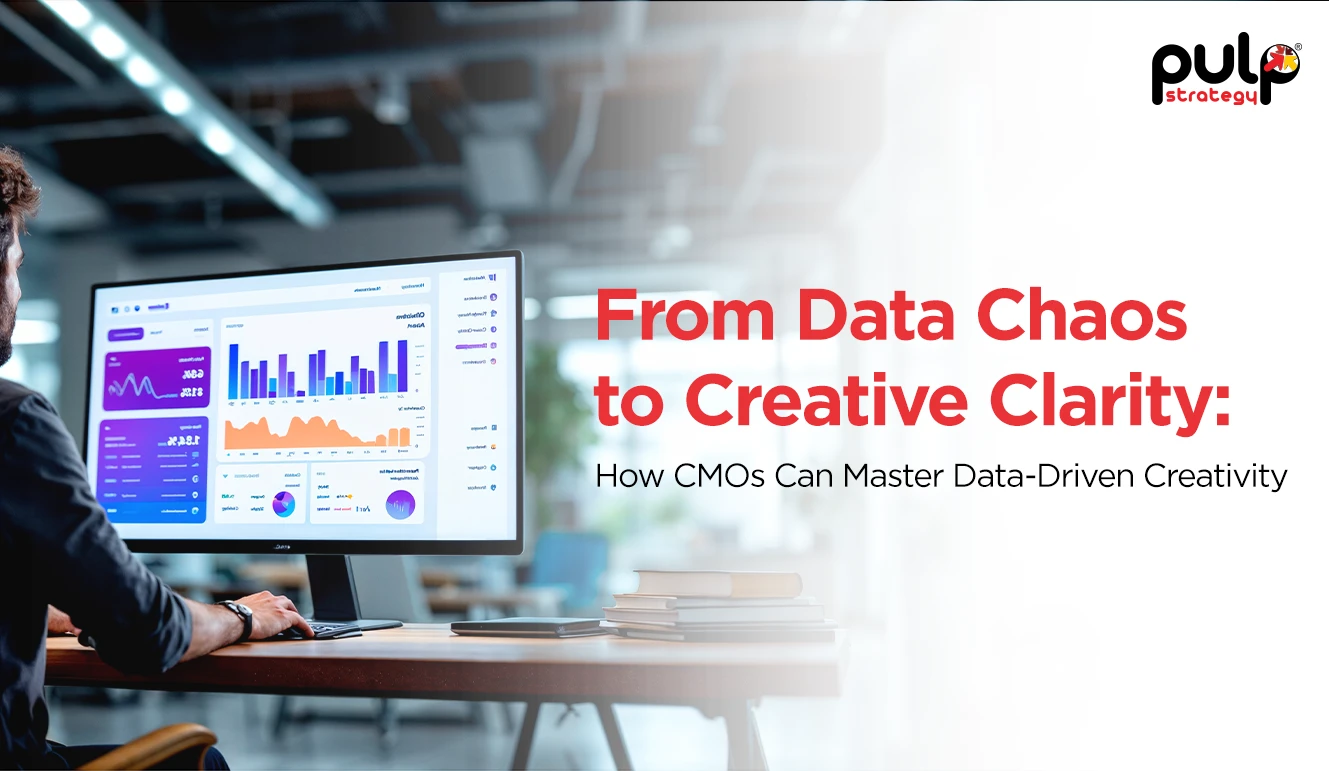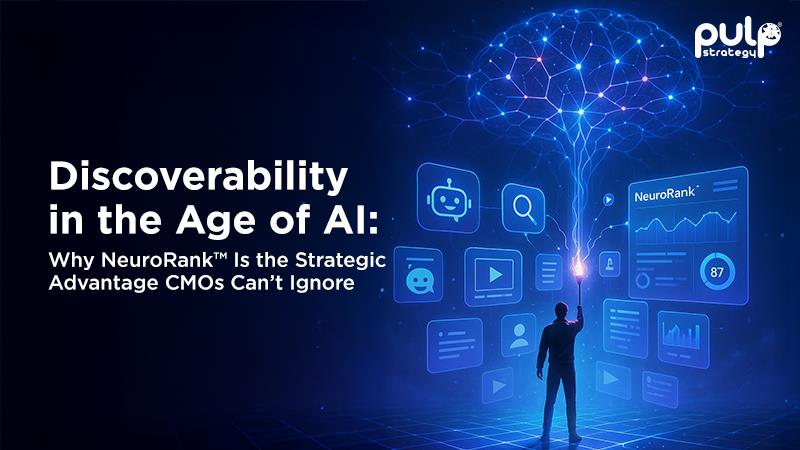The science of B2B marketing strategies is constantly changing. Selling has become increasingly capital and data-driven, and collaborative over the decades. Several causes have shifted the character of incremental selling throughout time.
- Selling departments are now "4D" in nature – data-driven, digital, dynamic and displaced.
- The difference between marketing, sales and service responsibilities has blurred as the revenue cycle has become less linear.
- Buyers are changing too. They have become more demanding, restless, and private.
We have created a list for the B2B enterprises to help set their selling records straight. Read on!
Put technology at the forefront
Some companies have invested in technology to help revenue teams generate more consistent revenue, improve the customer experience, and sell more value. They deploy sales enablement and training solutions to help sellers sell, tell engaging stories and leverage the most profitable opportunities.
One of the prime examples of technology being incorporated in the selling module of a brand is, Bridgesmart. We created a customised sales pitch application for Bridgestone, which enabled their sales team to offer personalised products to their customers. Bridgesmart is a classic case of technology solving a crucial sales problem.
Divert your efforts in building trust and relationship
Trust has become a crucial component for B2B enterprises. Building trust and an ideal relationship with the B2B buyers should be top on your priority list of B2B marketing strategies and tactics. In the absence of face-to-face engagement, it's incredibly challenging to build trust with B2B buyers. Sellers must do everything they can to understand the language and emotion of selling and trust-building as more selling discussions occur over the phone or through virtual channels.
Provide quick answers to your customers
As the conversations have moved online, it is now crucial to provide quick answers to B2B buyers. Sales velocity has accelerated, revenue teams and the executives who oversee them now want real-time customer knowledge and sales direction. Sellers must find ways to eliminate latency from their selling mechanisms by optimising their own procedures for preparing, personalising, and following up to be effective in this high-speed world. Sellers need to prioritize this feature in their B2B marketing strategy.
Focus on personalised content
The demand for more relevant and personalised features is the top factor affecting sales productivity, according to B2B sales managers. As a result, 80% of businesses are increasing their spending on content and the infrastructure that supports it. Therefore, it is crucial to incorporate personalization in your B2B content marketing strategy. It's an excellent method to boost overall conversion rates and distinguish the consumer experience if you quickly personalise your platforms and content.
Understand your customer base and behaviour
50% of the current working population was born after 1977. This is crucial because these millennial shoppers have grown up with Google search and digital platforms, and they expect to conduct all or most of their shopping online. When it comes to relationships, trust, privacy and engagement, they have different attitudes and behaviors. According to Gartner, most millennial B2B buyers prefer to buy a complex solution without involving sales representatives. These factors affect the entire buying and selling processes of a B2B enterprise. It is essential for these firms to transform their B2B marketing strategies according to the changing buying pattern and behavior of B2B buyers.
Inspire an inclusive working culture
It is crucial to devise a holistic model of B2B marketing strategies and tactics. To meet customer expectations for complete responses and ensure leads, opportunities, and income don't fall through the holes in the customer cycle, make sure you're interacting with industry experts, product specialists, and account owners from across the firm.
Invest in channel partners via improved initiatives
Pandemic changed the business as many B2B firms transformed their digital platforms. As a result, there is a growing need for partner channels in B2B to promote themselves inclusively. A great example of it is our Cloud Champions 11 program. As SMBs started to shift to the cloud, there was an excellent opportunity for tremendous growth for Microsoft partners. So we devised a partner growth-driven campaign for Microsoft that unlocked their partners' business potential and enabled better sales and training and multi-channel communication.
B2B marketing strategies and tactics are transforming rapidly, and it is up to B2B firms how to adapt their selling model accordingly.









